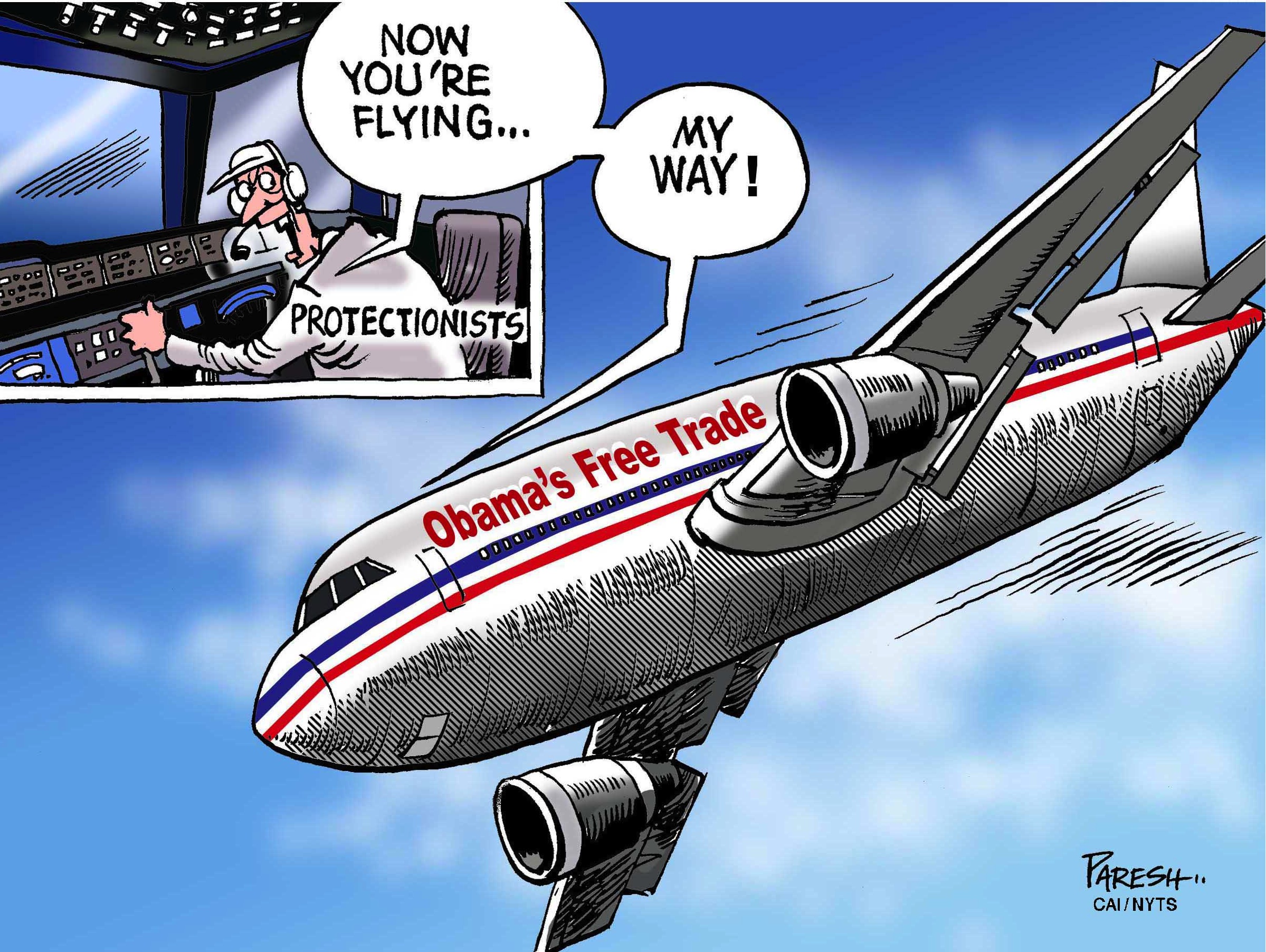Michael Froman received from a Harvard Law School classmate, President Barack Obama, a job that validates the axiom that the unlikelihood of any negotiation reaching agreement grows by the square of the number of parties involved. In trade negotiations, even one's own country is troublesome, as the catfish conundrum illustrates. And the degree of difficulty in achieving a free-trade pact is proportional to the number of Democrats in Congress.
As U.S. trade representative, Froman's goal is completion and ratification of the Trans-Pacific Partnership involving the United States and 11 Asia-Pacific nations, from Chile to South Korea, that generate 37 percent of the world's economic product. The TPP aims not just to liberalize trade but also to reform some of these nations' domestic policies, particularly concerning labor and environmental issues, partly to entice certain Democratic constituencies to soften their opposition to free trade.
Some developing nations, such as Vietnam, welcome some compulsory rationality — being required by trading rules to limit subsidies to sclerotic state-owned enterprises. But beware of ostensibly altruistic protectionism: protectionism with moral pretensions. Sometimes poorer nations want higher standards forced on them. Other times rich nations use higher standards to raise production costs in, and thereby lower the competitiveness of, poorer countries.


















With your current subscription plan you can comment on stories. However, before writing your first comment, please create a display name in the Profile section of your subscriber account page.